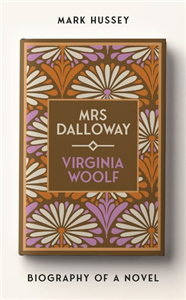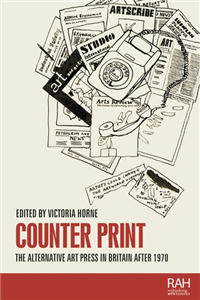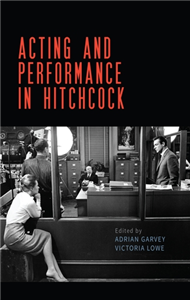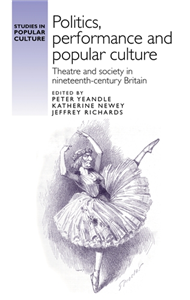Ultreya
Founded in 1993, Ultreya has a staff who love well-made books, love to read them and to create them. When we plan a book, we look for well-written texts with a substantial content and iconographical documentation of the highest quality in order to create prestigious books with a meticulous attention to detail. Ultreya’s clients include some of the leading publishers in Europe and throughout the world, who have found in our catalogue titles which are never banal, discovered unknown splendors, seen themes approached in new and original ways – a catalogue whose growth is justifiably slow in order to maintain the highest level of quality in every phase of production.
View Rights Portal






















